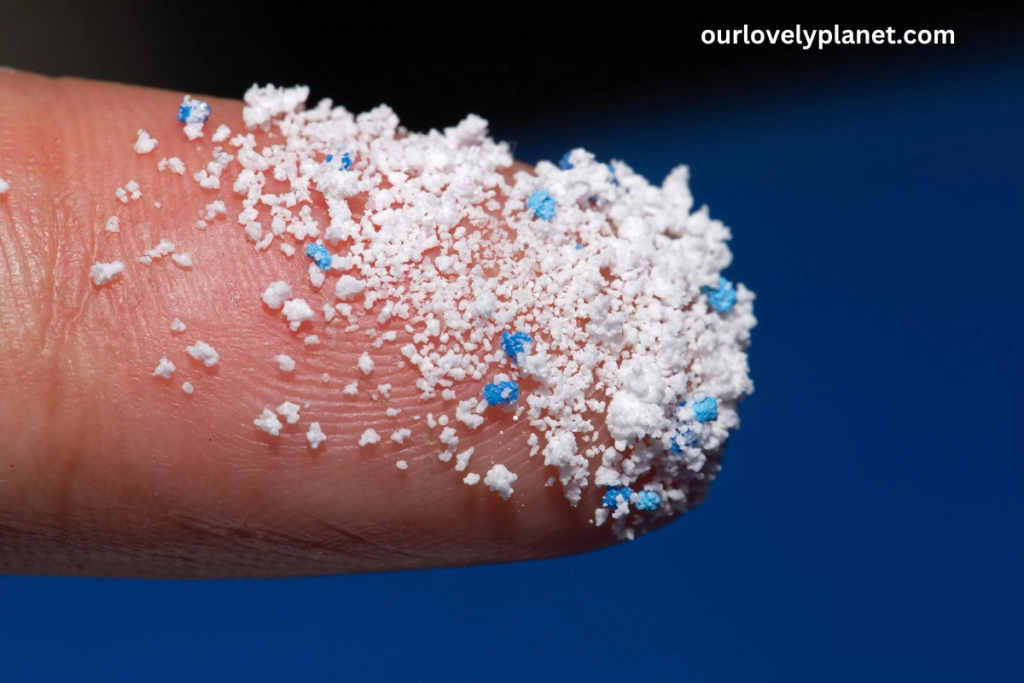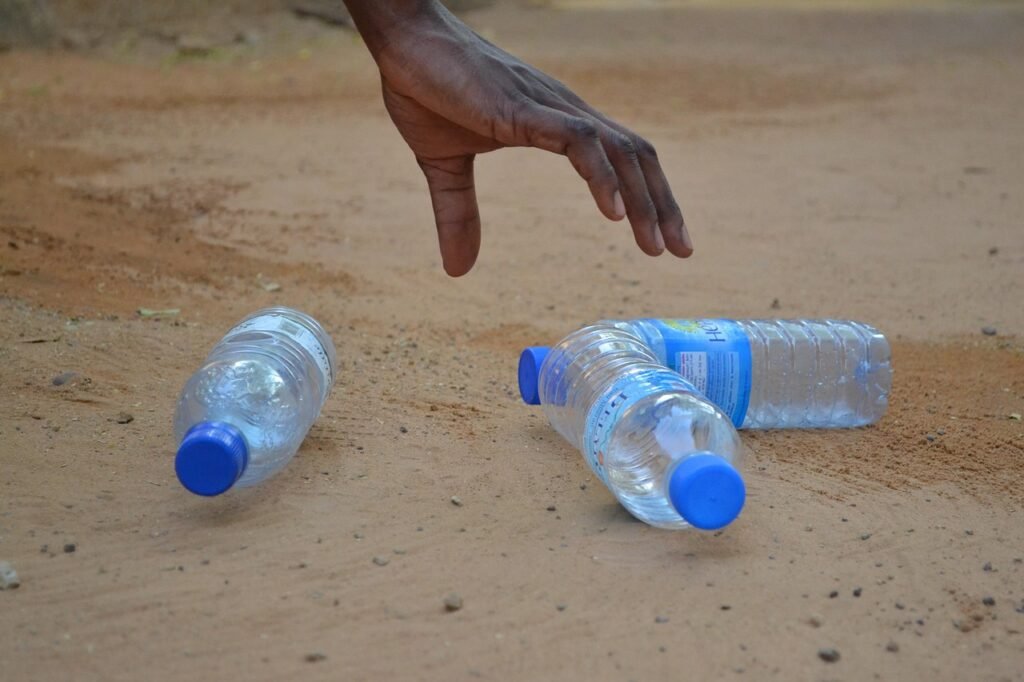We’ve all tossed a plastic bottle (or any other plastic) into the trash. But have you ever wondered what happens to it next?
Well, you might think it just “goes away,” but in reality, that plastic item could outlive you, your children, and even your grandchildren.
Yes, you read that right!
And here’s why: Unlike most materials, plastic decomposition takes centuries, sometimes more than 500 years, to break down. And here’s the worst part: No plastic ever breaks down completely. Instead, it only grows smaller and smaller into infinitesimal microplastics, which could linger in the environment for so many years.

Surprisingly, even with this shocking fact about this material, a staggering 91% of plastic waste has never been recycled, according to a National Geographic report. What that means is that the vast majority of plastic ever produced is still sitting in landfills, polluting our oceans, or lingering somewhere within our universe in some form.
With the world generating over 400 million metric tons of plastic waste annually, it’s no wonder plastic pollution has become a global crisis. But just how long does plastic take to decompose?
Let’s break it down (pun intended).
What Determines the Decomposition Time of Plastic?
Not all plastics break down at the same rate.
Several factors influence how quickly or slowly plastic degrades:
- Type of plastic: Thinner plastics like grocery bags decompose faster than thick plastic bottles, but even then, we’re talking decades to centuries.
- Environmental exposure: Plastics in landfills (without sunlight) will usually take much longer to biodegrade than those exposed to UV radiation.
- Microbial activity: Most plastics resist decomposition because microbes struggle to break down synthetic polymers.
Decomposition Times for Different Types of Plastic
So, let’s get specific. Here’s how long different plastics take to decompose:
- Plastic Bags: Upto 1,000 years, depending on environmental conditions.
- Plastic Bottles: Around 450 years. The U.S. alone discards about 35 billion plastic bottles every year.
- Plastic Straws: Up to 200 years. Every day, 500 million plastic straws are used in the U.S. alone.
- Styrofoam (Polystyrene): Indefinitely. This type of plastic doesn’t break down in any meaningful way.
- Fishing Lines: Around 600 years. Abandoned fishing gear makes up nearly 10% of all marine plastic waste.
- Microplastics: These tiny plastic fragments persist indefinitely, infiltrating our food, water, and air. Scientists have found microplastics in 100% of marine turtles studied and even in human placentas.

The Environmental Impact of Slow Decomposition
Plastic that takes centuries to break down has severe consequences:
- Harm to marine life: Over 1 million marine animals die annually due to plastic ingestion or entanglement.
- Soil and groundwater contamination: As plastic degrades, it releases toxic chemicals that leach into the environment, affecting crops and drinking water sources.
- Microplastics in food: A recent study by Statitica revealed that an average person consumes between 78,000 and 211,000 microplastic particles per year through eating, drinking, and breathing. Even worse, this range is considered an underestimate, implying that plastic consumption levels could be happening at even more devastating levels.
- Ocean pollution: Every year, 11 million metric tons of plastic enter the ocean. That’s the equivalent of dumping a truckload of plastic into the sea every minute. And get this: With plastic production and consumption expected to double in the next 10 years if measures aren’t taken, we could face over 300 million metric tons of plastic waste in our oceans, a massive increase from the current 200 million.

Can Plastic Be Made to Degrade Faster?
Scientists and innovators are working on solutions to reduce plastic’s environmental footprint:
- Biodegradable plastics: Some plant-based plastics break down faster than traditional petroleum-based plastics.
- Plastic-eating bacteria: Scientists have discovered bacteria that can digest plastics, including PET (commonly used in bottles).
- Advanced recycling technologies: New chemical processes can break plastic down into reusable components more efficiently.
How Can We Reduce Plastic Waste?
While science works on long-term solutions, we can all take immediate steps to cut down on plastic waste:
- Choose reusable alternatives: How about your bring your own shopping bags, bottles, and containers? It will reduce your plastic footprint, reducing the overall consumption significantly if we all embrace the practice.
- Support recycling programs: Less than 10% of plastic is currently recycled worldwide, so demand better recycling policies.
- Advocate for sustainable packaging: Encourage companies to switch to compostable or recyclable materials.
Conclusion
Plastic is everywhere, and unfortunately, it’s here to stay—unless we take action. With some plastics taking up to 1,000 years to break down, we must rethink how we use and dispose of plastic products. Every reusable bag, every recycled bottle, and every sustainable choice makes a difference. Let’s work toward a future where plastic pollution is a thing of the past!



